Social commerce and content consumption opportunities in 2022
For, Dina D’Souza, Vice President - Monetization, Trell the onset of the COVID-19 crisis upended the world in most aspects, it also brought about accelerated digitisation and adaptation of new-age technologies that would have otherwise taken at least a couple of years to be implemented at such a large scale. One of the primary aspects of digitisation in 2020 and 2021 has been through mobile phones as apps, and other smartphone-based tech products saw increased adoption with people spending a majority of their time at home.
Alongside this, the pandemic and subsequent lockdowns not only led to increased consumption of a variety of content, including news, entertainment, infotainment, and sports, but also astronomical growth in online shopping across the country. E-commerce transactions surged by 82% between 2020 and 2021, with a large chunk of them originating from Tier-2 and Tier-3 cities. As e-commerce and its subsets like social commerce have gained immense traction and consumers’ appetite for content skyrockets, there has been a rise in content creators. These creators have amassed massive follower counts while gaining the trust and credibility that influences consumers’ purchasing decisions and brand preferences.
At the same time, mid-2021 saw yet another transformation – the global demand for privacy on digital platforms. This resulted in brands increasingly phasing out third-party data and reinventing their strategies for a cookie-less, more customer-centric world. As we step into the new year, there are various trends that consumers, e-commerce/ social commerce, and content platforms alike can expect.
What’s in store for 2022?
Influencer marketing: The next big thing for brands and creators As social media popularity continues to grow exponentially, influencer marketing, a new-age, mutually beneficial marketing tool, too, has seen an upswing. Set to reach $13.8 billion by the end of 2022, influencer marketing undoubtedly holds a gold mine of potential that brands and content creators can leverage. Today, influencers across the country have built strong connections with GenZ and millennials, understanding their needs and preferences and catering to the same through engaging and immersive content. This is especially prevalent in Tier-2 and Tier-3 cities, with over 50% of India’s digital audience hailing from these markets. Going forward, brands will find a higher value in bringing influencers as their brand evangelists and create customised communication, especially in multiple regional languages, to gain inroads into newer markets.
A promising future for social and video commerce
The D2C wave that has swept across the country has left a long-lasting impact, with more and more brands emerging in the space or adopting the D2C model. According to a report by KPMG, India had over 800+ D2C brands by the end of 2021, with the sector being valued at $44.6 billion. As social media usage continues to rise, consumers are searching for and discovering new brands through formats that blend audio, video, and meaningful content that entertains them. 2022 will undeniably see the D2C sector growing further and brands in the space building their image through engaging video-based content and increasing their investments in marketing aspects and customer engagement through social media platforms, influencer marketing, etc. It is also expected that 2022 will be the year of live commerce and increased integration of AR and VR as consumers continue to seek newer shopping experiences.
Brands embracing new advertising formats and strategies
Consumer expectations and preferences have evolved to a large extent, and to keep up with this, brands, too, are rethinking their strategies. Marketing and advertising need to be made engaging and meaningful as the days when brands simply advertised their product and made a hard sale are long gone. 2022 is bound to see newer forms of advertising as brands explore innovative opportunities. Today’s generations, that is, the Millennials and GenZ, are already familiar with the concept of the metaverse and will continue to spend an increasing amount of time online and connecting with other individuals for leisure as well as work. As brands begin to understand this shift, they are expected to embrace new forms of engagement that will establish a strong connection with consumers.






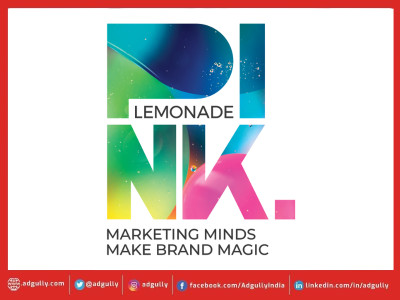

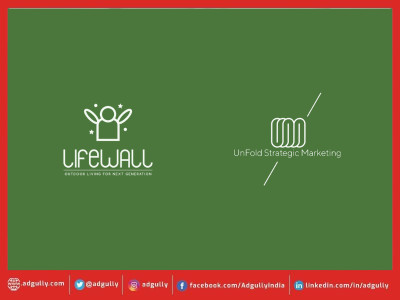
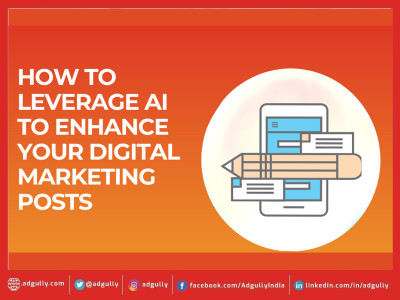
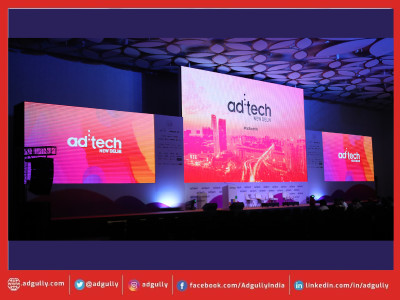
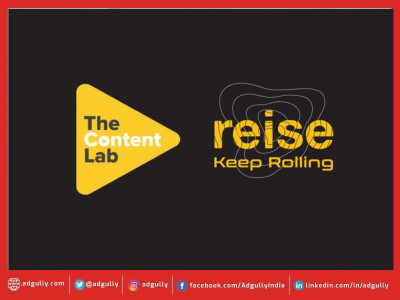


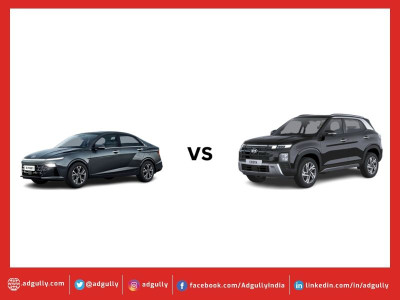

Share
Facebook
YouTube
Tweet
Twitter
LinkedIn